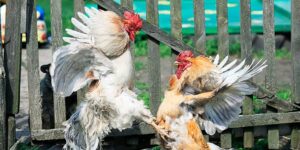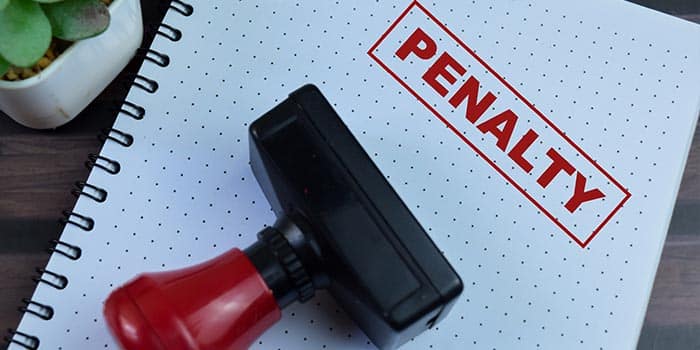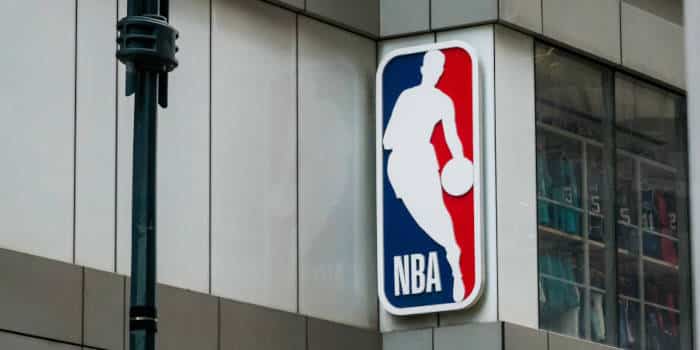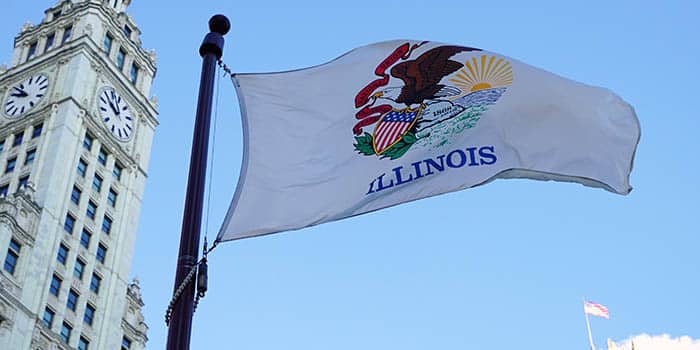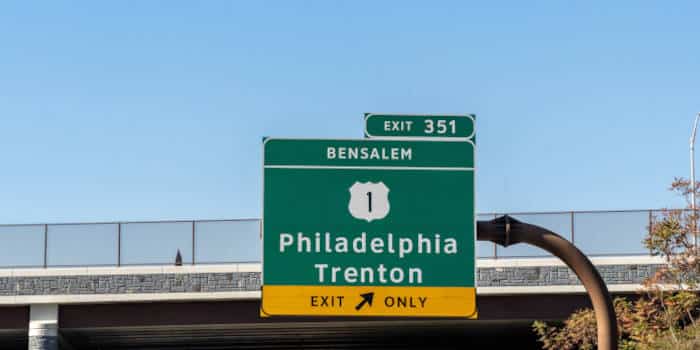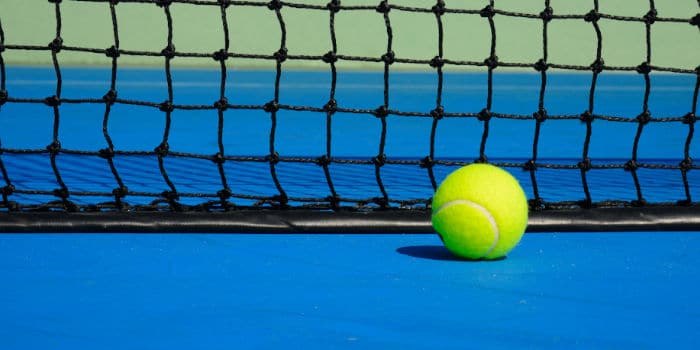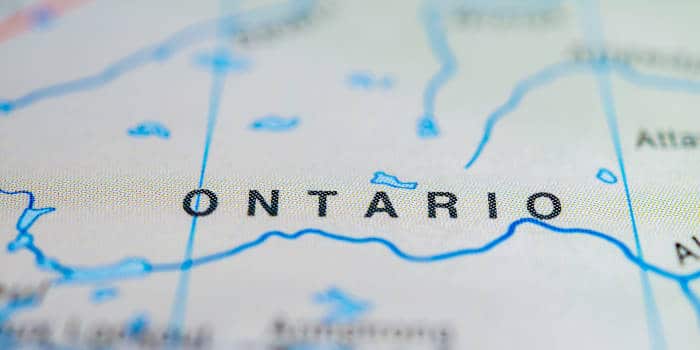- Casino
- By State
- Alabama
- Alaska
- Arizona
- Arkansas
- California
- Colorado
- Connecticut
- Delaware
- Georgia
- Florida
- Hawaii
- Idaho
- Illinois
- Indiana
- Iowa
- Kansas
- Kentucky
- Louisiana
- Maine
- Massachusetts
- Maryland
- Michigan
- Minnesota
- Mississippi
- Missouri
- Montana
- Nebraska
- Nevada
- New Hampshire
- New Jersey
- New Mexico
- New York
- North Carolina
- North Dakota
- Ohio
- Oklahoma
- Oregon
- Pennsylvania
- Rhode Island
- South Carolina
- South Dakota
- Tennessee
- Texas
- Utah
- Vermont
- Virginia
- Washington
- West Virginia
- Wisconsin
- Wyoming
- By State
- Slots
- Poker
- Sports
- Esports
NCAA Adopts New Guidelines for Student-Athletes in Sports Betting Cases
The updated guidelines, effective immediately, reduce the penalty for those betting on other sports teams to a minimum of one-season suspension and a loss of one year of eligibility
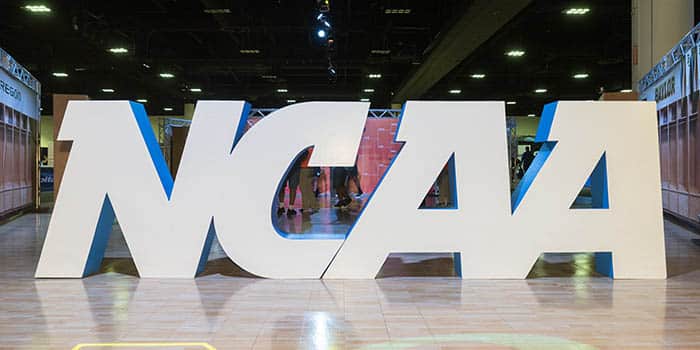
The NCAA has announced revised guidelines for student-athletes caught gambling on other college sports at their own schools. Under the previous rules established in June, students who bet on their own sports or other sports at their schools faced permanent loss of eligibility.
NCAA Reforms Penalties for Student-Athlete Gambling
This move comes after the Collegiate Commissioners Association raised concerns about the overly punitive nature of the previous penalties. The change in rules reflects a more balanced approach to address the prevalence of sports betting among college students while still maintaining the integrity of competition.
Under the new guidelines, student-athletes caught wagering on teams at their school, excluding their own team, will now face a one-season suspension and a loss of one year of eligibility. Additionally, they will be required to participate in sports wagering rules and prevention education as a condition of reinstatement. The decision was supported by the Division I Council Coordination Committee, which acknowledged the need to modify reinstatement conditions for specific cases involving sports betting.
Jon Steinbrecher, chair of the Council Coordination Committee and commissioner of the Mid-American Conference, said: “To be clear, Division I members do not encourage student-athletes to engage in sports wagering at any level, and the actions today to modify reinstatement conditions should not be interpreted as support for wagering behaviors.”
New Rules Reflect Understanding of Student-Athlete Mistakes
The new rules aim to strike a balance between addressing the reality of widespread betting on college campuses and maintaining the integrity of collegiate sports. The penalties are designed to be more fitting for 2023, acknowledging that young athletes might make mistakes without necessarily jeopardizing their entire careers.
It is important to note that despite the adjustment in reinstatement guidelines, the NCAA continues to prohibit student-athletes, coaches, and athletics administrators from engaging in sports wagering in any sport sponsored by the NCAA, including collegiate and professional sports. The change in rules signals a step forward in reevaluating NCAA regulations related to sports wagering, with further discussions likely to follow on this evolving issue.
The updated decision might offer respite to a few athletes implicated in the betting controversies at Iowa and Iowa State. DeShawn Hanika, a tight end at ISU, was cited for betting solely on Iowa State basketball games and not football matches. Nevertheless, nine other football players from both Iowa and Iowa State universities still confront the prospect of losing their eligibility permanently due to their involvement in gambling on their own games.
Related Topics:
Silvia has dabbled in all sorts of writing – from content writing for social media to movie scripts. She has a Bachelor's in Screenwriting and experience in marketing and producing documentary films. With her background as a customer support agent within the gambling industry, she brings valuable insight to the Gambling News writers’ team.
Must Read
More Articles




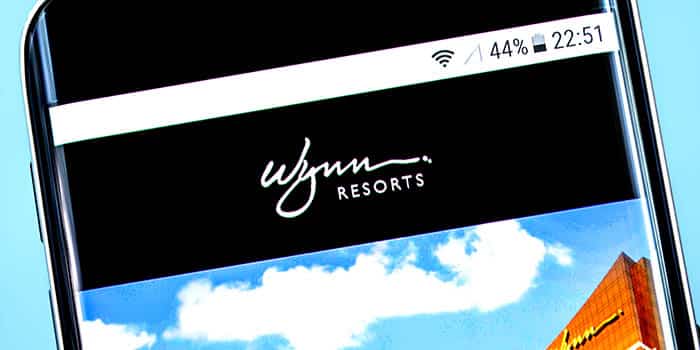
Casino
June 30, 2025
Wynn COO Vows Change Amid Ongoing Regulatory Pressure

Casino
June 30, 2025
DIMOCO Enters Germany iGaming Market with Neo.Bet

Casino
June 30, 2025
Man Admits to Laundering Cocaine Money Through Casinos

Industry
June 27, 2025
Las Vegas Sphere Bashed for Charging $170 for Pizza



